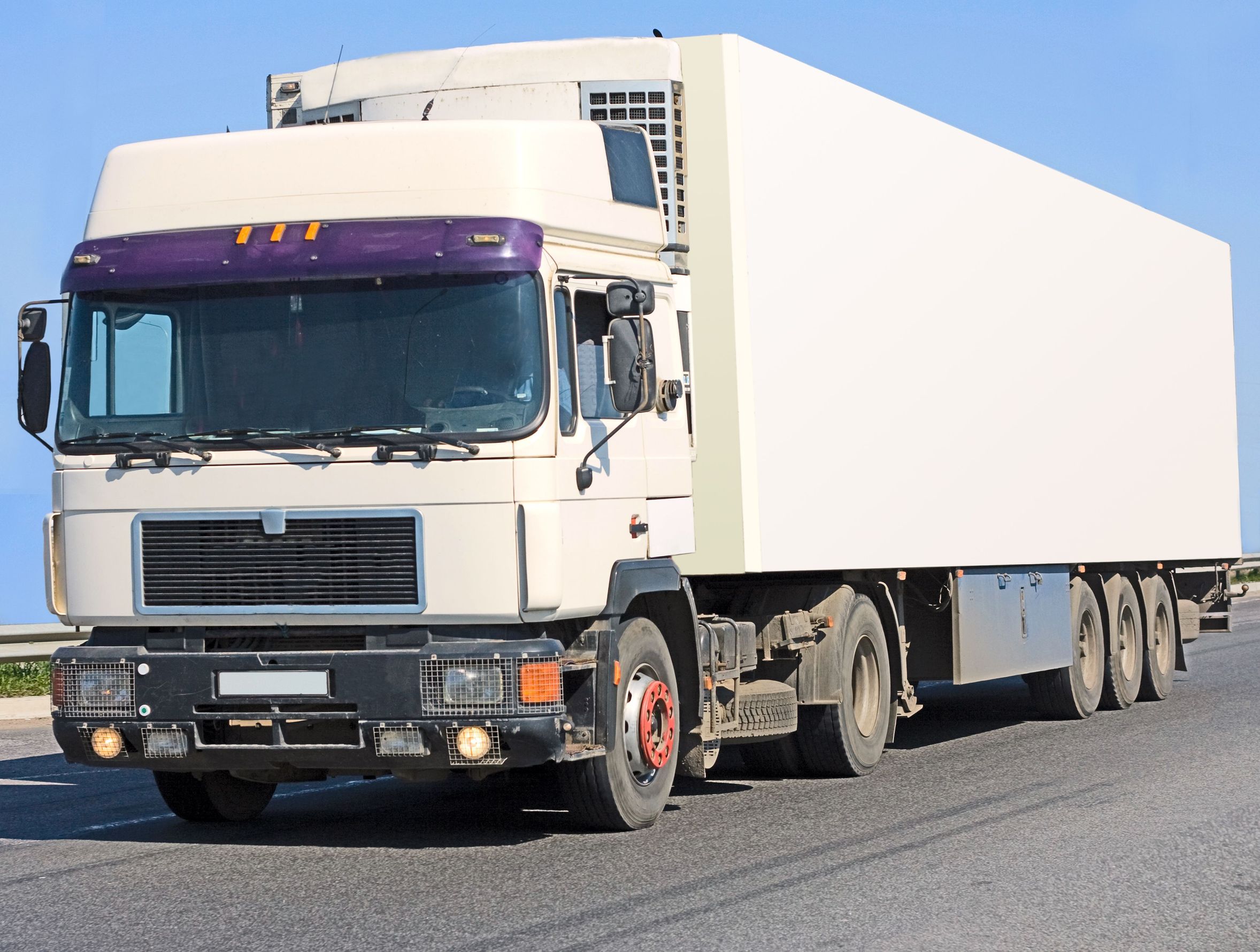Consider this scenario. Company “A” manufactures grows or breeds something (Let’s call it product “P”) in New York State, USA. That something proves to be in big demand not only in New York State but throughout the world. If we call customers from in state “B”, out of state “C” and those outside of the USA “D”, then:-
- For “A” to get “P” into the hands of the “B” consumers, all he needs to do is arrange for some delivery trucks and/or open a retail store at his place of business.
- But, to get “P” to the consumer group “C” gets more complex since large distances become involved. Should “A” simply hire a trucking company (“T”) or does he require a multi-choice transportation solution? If the latter, should he sub-contract the organizing for deliveries to a third party (“L”)? At some point, the goods being delivered become known as freight.
- When it comes to getting the goods (i.e. freight) to group “D” does “A” have any better choice than to bring in “L”?
- If we enlarge the scenario to a point where “A” starts to import raw materials from either “C” or “D” or both, “T” may be of some help but “L” is going to be needed for the incoming overseas consignments. In this case, “L” would be selected from amongst the Freight Logistics Companies For New York.
INCOTERMS
Incoterms is an acronym standing for International Commercial Terms and their basic function is to act as a sort of Rosetta Stone enabling sellers and buyers to communicate with each other on matters concerning the delivery of goods – even in the face of language barriers. Once “A” has his goods ready to despatch, a series of events has to take place.
The further the distance the freight has to travel, the greater the number of events. Each of these events carries a cost. Incoterms names all possible events and gives them an identification code and a strict meaning.
For example, the process starts with EXW. This means “ex-works” (basically, inside company “A’s” despatch area). It finishes with DDP or “delivered duty paid”(with the buyer). In all cases a geographic location will be stated following the Incoterm used. Depending upon the supply contract, the terms clearly define not only who pays for each stage but, also, at which point ownership of the goods passes from seller to buyer.
Organization
Company “A” will negotiate the terms with his customers and in most cases will use an expert to sort out the transportation details – this is known as logistics. This is the organizational function provided by Freight Logistics Companies For New York.
MTS Logistics are one of the top Freight Logistics Companies For New York. In their expert hands, you can be confident that your freight will reach its destination in the most efficient manner.



